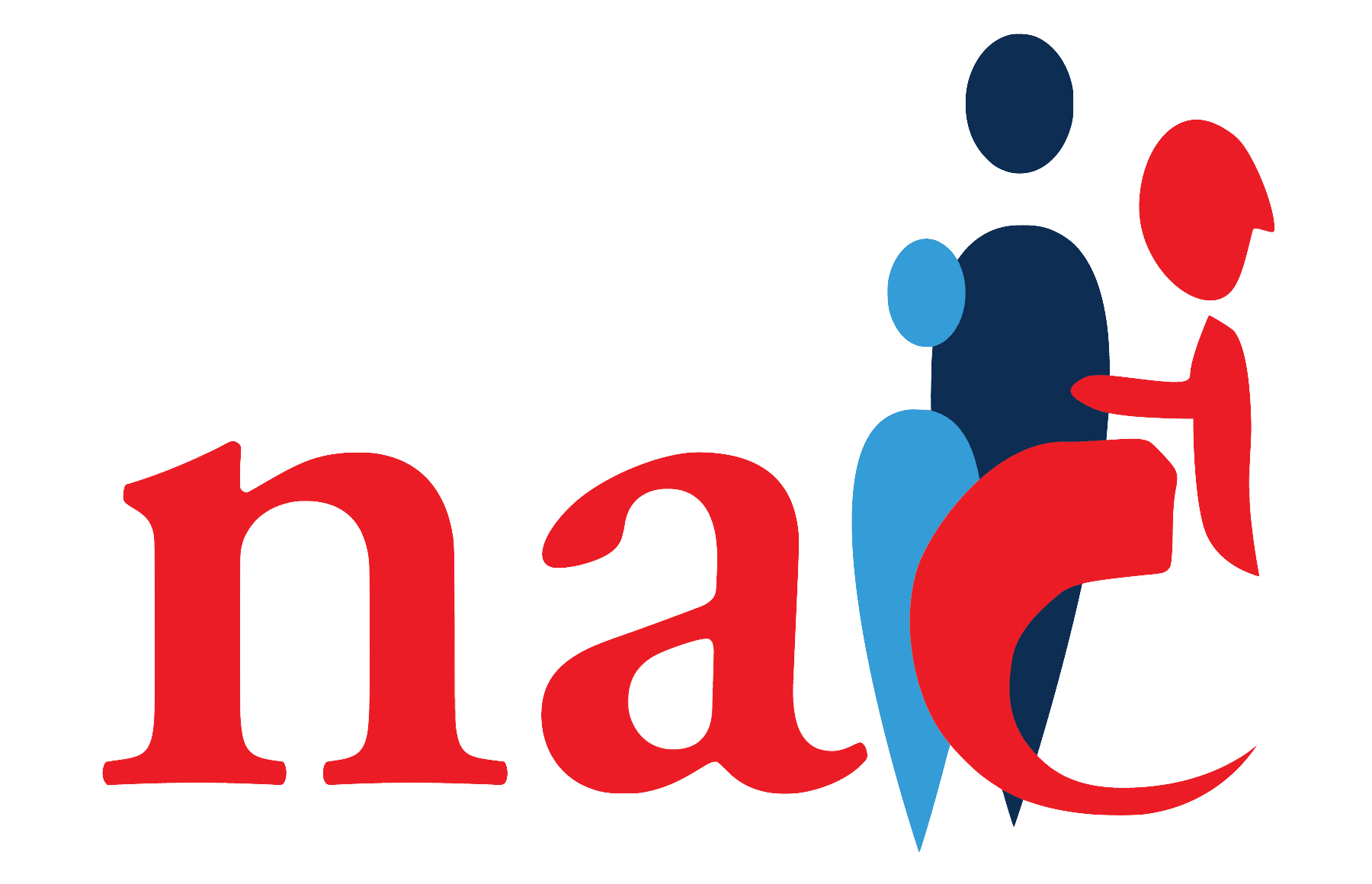Hernan is a support person for a friend with chronic obstructive pulmonary disease whom he met through his job as a social worker at the Queens Center for Gay Seniors. Hernan does not consider himself a caregiver for his friend but acts more as an individual in a group of people who help provide care.
Hernan’s friend does not have a spouse or biological family members, so he has built his own found family through others connected to the center, which is how Hernan got to know him. It is not a “typical” caregiver/recipient relationship, but Hernan has experience as a social worker that he is happy to lend to his friend as a part of his team.
Caring for friends can be a large part of the LGBTQ+ culture. As a social worker, Hernan is used to taking care of others, and was ready to take care of family members when needed. Although caring for his friend snuck up on him and wasn’t expected, Hernan is glad to help. Hernan mentioned that another unfortunate part of both aging and providing care can mean that LGBTQ+ individuals end up concealing their identity, which can cause challenges, though Hernan’s friend has not experienced this and is secure in his identity.
In order to reach more LGBTQ+ caregivers, Hernan stresses the importance of training, sensitivity and genuine inclusivity. He doesn’t believe that those providing resources need to be a part of the LGBTQ+ community, but they need to have an understanding of the culture and experience and have to be genuine in their inclusivity, and not just providing lip service. There is a generational divide in the LGBTQ+ community, and many caregivers and patients may not be out with their identity, so it is important that resources, supports and services are sensitive and take all of these factors into account.
